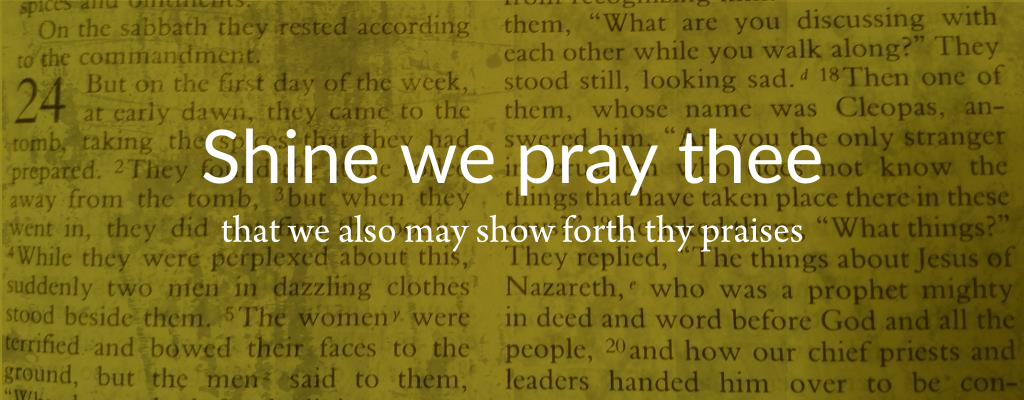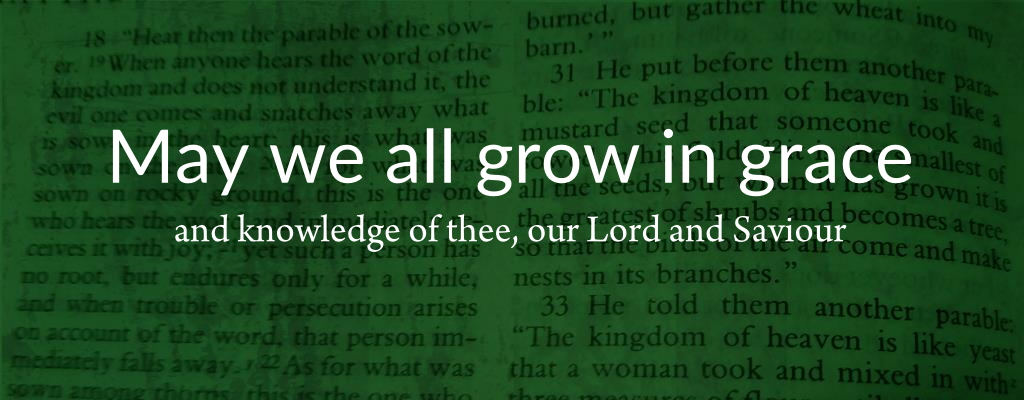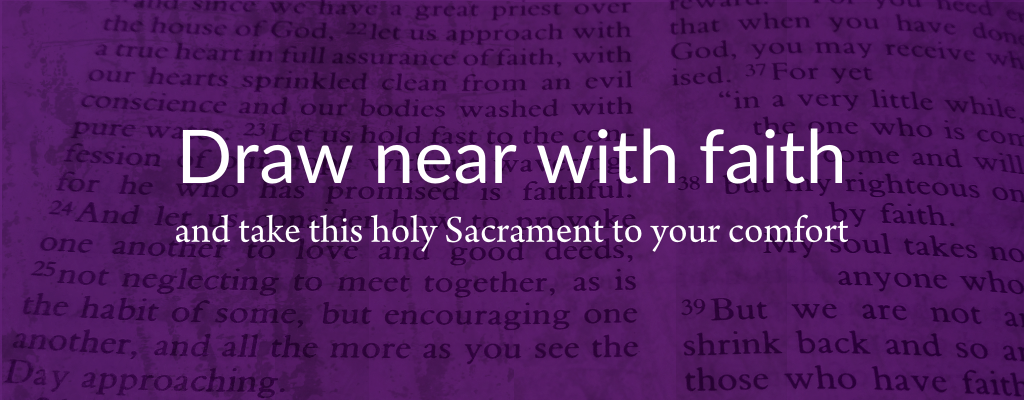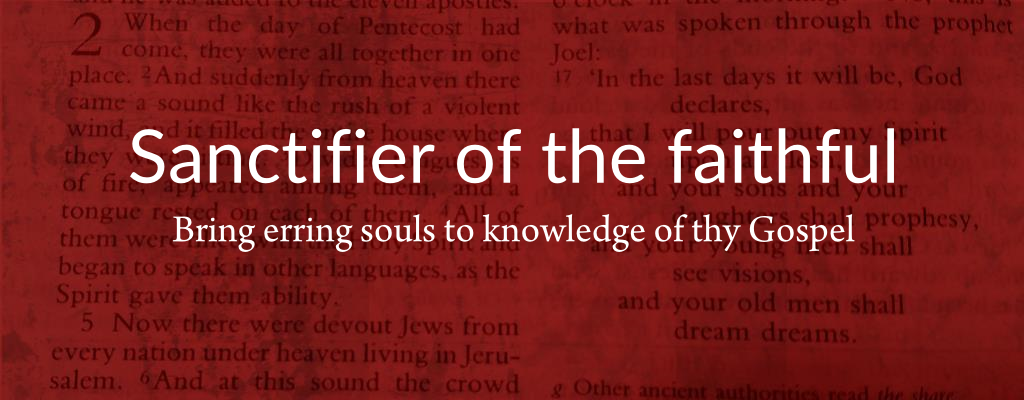News and Articles from the Prayer Book Society
-
If you look around you today in the Anglican Church of Canada and ask what it means to be Anglican, you will receive a number of answers that can be summed up in the word diversity. One Anglican recently suggested that the Anglican ethos is the, “capacity (or attempted capacity) to hold in tension diverse views and opinions (even the diversity of liturgy, etc).” This is not a singular opinion and generally reflects a trend of Anglicans who have been raised in an environment in which they feel they hold the authority to believe what they like.
Here is the secret of Anglicanism: we actually profess beliefs, though they are not our own. As the former Archbishop of Canterbury Jeffrey Fisher put it, “The Anglican Communion has no peculiar [unique, particular to it] thought, practice, creed or confession of its own. It has only the Catholic faith of the ancient Catholic Church, as preserved in the Catholic creeds and maintained in the Catholic and Apostolic constitution of Christ's Church from the beginning.” Here he means that Anglicanism holds to the traditional, universal views of the early Catholic Church. We are not Roman, we are not Protestant, we are not Eastern Orthodox. We are Anglican, Western Catholics not under the authority of the Bishop of Rome. We hold to the creeds and profess them. We hold to the councils and their truths. We hold to the authority of Holy Scripture as interpreted and explicated by the Church throughout the centuries. Indeed, in a faith tradition founded on the Book of Common Prayer as the standard of worship, it is hard to even suggest that diversity of liturgy is a normative Anglican value. What we hold is common to the early Church and in unity with Anglicanism throughout time.
Yet the reality is that many Anglicans today are not taught this. The Canadian Book of Common Prayer is a treasure trove of traditional Anglicanism that would greatly help Anglicans today to understand what it is that Anglicanism stands for. From the Thirty-Nine Articles of Religion (698), which outline the Anglican understanding of the faith and respond to certain doctrinal controversies of the era, to the Catechism (544), and even the liturgies themselves, the Book of Common Prayer is filled with an explanation of the theology and practice of Anglicanism. When someone asks what it means to be an Anglican, the answer should not relate to holding a diversity of views so much as holding common views outlined in the Book of Common Prayer.





Leave a Comment